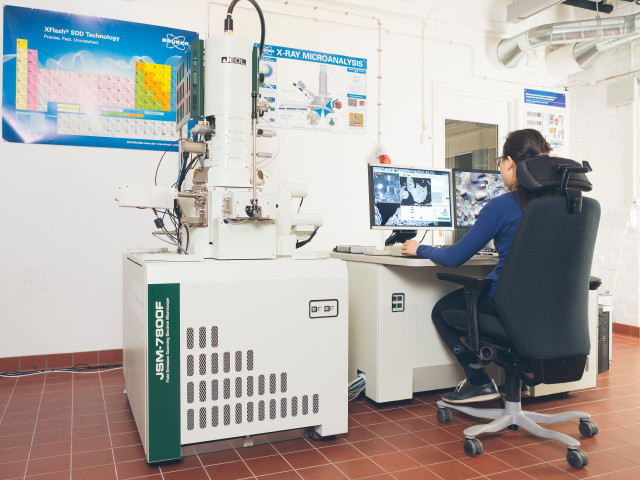Fundamentals
- Solution thermodynamics
- Multicomponent phase diagrams, kinetics for materials processes
- Applications in materials engineering, e.g.
- Ironmaking, sulfide roasting and smelting, iron and steel refining, silicon refining
- Solid phase transformations and equilibria in metals and alloys
